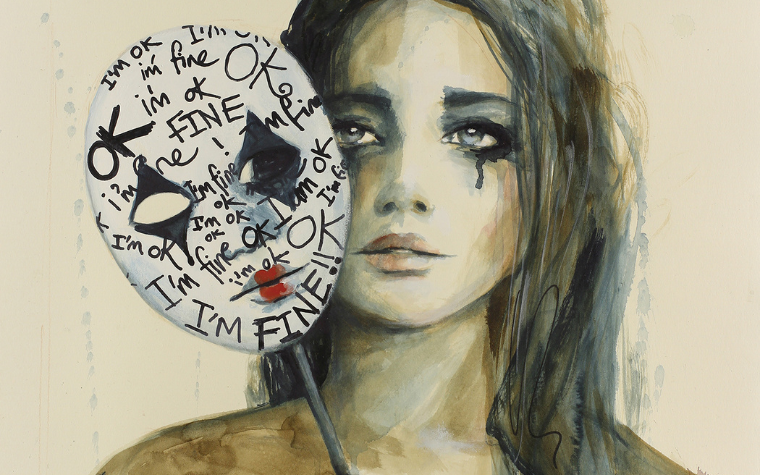First Responders Need Help Too: The Mental Toll of Saving Lives in Emergencies
WORLD MENTAL HEALTH DAY 2025: A CALL TO LOOK BEYOND THE OBVIOUS
Each year, World Mental Health Day reminds us of the urgency of placing mental health on the global agenda. The 2025 theme—“Mental Health in Humanitarian Emergencies: Access to services – Mental health in catastrophes and emergencies”—is both timely and essential. When disasters strike, whether through war, natural calamity, or acts of terror, our focus often narrows to those directly affected. We see victims, survivors, displaced families, and children in crisis. Yet, another group—those who rush into danger to save lives—often remains invisible in these conversations: the first responders.
Behind the Heroes: The Hidden Struggles of First Responders
Aid workers, doctors, nurses, firefighters, soldiers, and volunteers are celebrated for their courage in times of catastrophe. They are the ones holding collapsed bodies, carrying the wounded, and providing food and shelter when chaos unfolds. But while the world sees bravery, what it rarely sees is the silent emotional toll of this work.
First responders often experience secondary trauma—the psychological impact of witnessing others’ pain, grief, and devastation day after day. Unlike survivors who may eventually leave the site of crisis, responders remain immersed in it, moving from one tragedy to another. Over time, the result can be burnout, compassion fatigue, anxiety, depression, or even PTSD. For many, the act of saving others paradoxically becomes the source of their own suffering.

The Weight of Catastrophes: Real-World Reflections
Think of aid workers in earthquake zones, digging tirelessly through rubble for survivors, knowing that most of what they recover are bodies. Consider doctors in Gaza or Ukraine, working in overcrowded hospitals without resources, having to choose who gets treatment first. Reflect on volunteers who rushed to help during the Pahalgam attack or other terrorist strikes in South Asia—many of them ordinary citizens suddenly confronted with death and destruction on an unimaginable scale.
These individuals may appear resilient, driven by duty and compassion, yet many quietly endure nightmares, insomnia, or a lingering sense of guilt—feeling they should have done more, even when they gave everything they had. Unlike victims, their grief is often invalidated because society sees them as the strong ones, forgetting that strength and suffering can coexist.
Why This Conversation Is Needed
Addressing the mental health of first responders is not just about compassion—it is about sustainability. Without proper support, responders risk burnout and withdrawal from service, leaving fewer hands to help in the future. More critically, unacknowledged trauma in these individuals can ripple into their families, communities, and professional lives. Studies show that responders with untreated trauma are more vulnerable to substance abuse, relationship breakdowns, and even suicidal ideation.
Recognizing their struggles also challenges the cultural myth that helping professionals must always be “selfless and unbreakable.” In reality, they too need safe spaces to process grief, structured debriefings after emergencies, and access to mental health services that honor their humanity.
Found this helpful? Subscribe below for more



